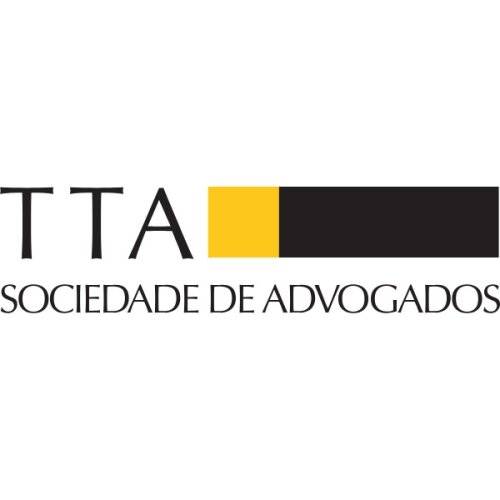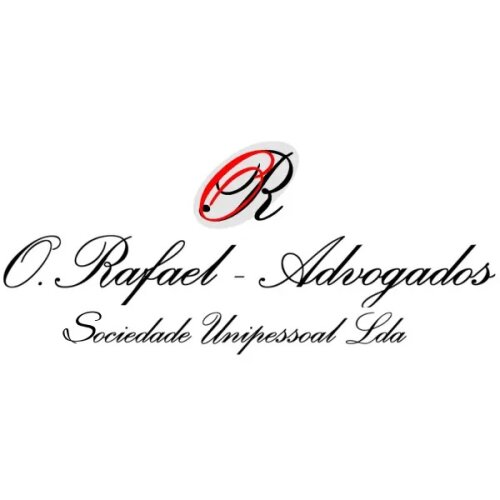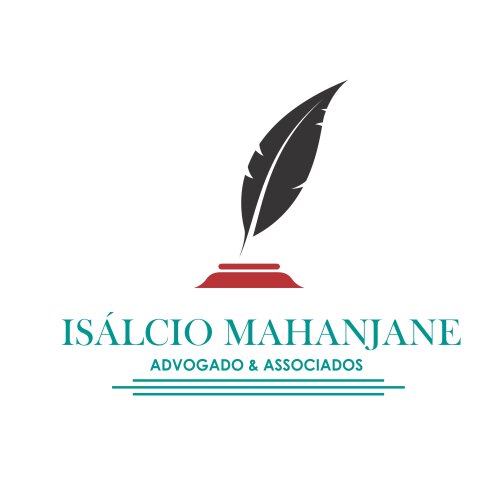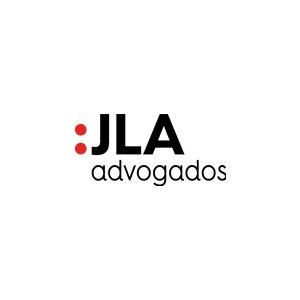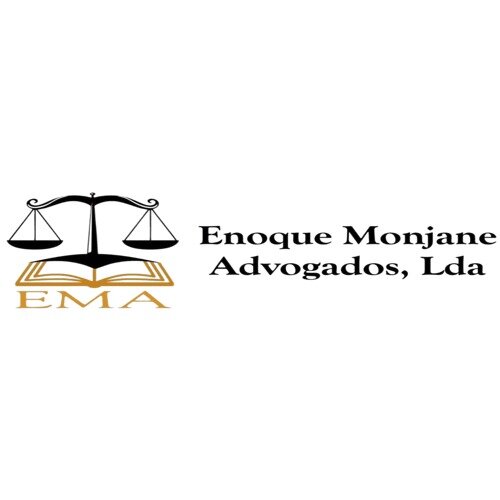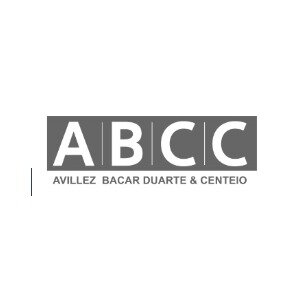Best Acquisition / Leveraged Finance Lawyers in Mozambique
Share your needs with us, get contacted by law firms.
Free. Takes 2 min.
Or refine your search by selecting a city:
List of the best lawyers in Mozambique
About Acquisition / Leveraged Finance Law in Mozambique
Acquisition and leveraged finance law in Mozambique refers to the legal frameworks and practices that govern how companies and investors finance the purchase of businesses and assets, often through the use of borrowed funds. These transactions are central to the private sector, mergers and acquisitions, and corporate restructurings in Mozambique’s growing economy. The financing is typically provided by local or international banks, financial institutions, or private equity funds, and often involves pledging company assets or shares as security for the debt. A thorough understanding of Mozambican legal requirements, regulatory filings, and risk mitigation is essential for structuring successful acquisition and leveraged finance deals.
Why You May Need a Lawyer
Engaging a lawyer in acquisition or leveraged finance transactions in Mozambique is critical for several reasons. Common scenarios where legal help is especially important include:
- Buying or selling a company or substantial business assets
- Structuring a management buyout or a leveraged buyout (LBO)
- Negotiating and drafting loan agreements and security arrangements
- Navigating Mozambican regulatory approvals, including those required by the Bank of Mozambique and competition authorities
- Conducting due diligence to uncover legal, tax, and operational risks
- Complying with foreign exchange controls and anti-money laundering regulations
- Ensuring all legal documentation is enforceable and tailored for Mozambican law
- Resolving disputes that may arise out of complex finance arrangements
A lawyer with expertise in acquisition and leveraged finance can help you avoid costly legal pitfalls, ensure compliance with local laws, and provide strategic advice to support your transaction’s objectives.
Local Laws Overview
Mozambique’s legal framework for acquisition and leveraged finance consists of a mix of statutes and regulations, many rooted in civil law traditions. Key aspects include:
- Company Law: The Commercial Code sets out how companies are incorporated, transferred, and merged, as well as requirements for approving transactions and registering changes.
- Securities and Guarantees: Mozambican law specifies how assets, shares, or other securities may be pledged or used as collateral, including registration formalities with public registries.
- Foreign Exchange Control: Transactions with a cross-border element or involving foreign currency must comply with requirements managed by the Bank of Mozambique, particularly regarding capital inflows and outflows.
- Banking Regulations: Only banks licensed in Mozambique can extend certain types of finance. Syndicated loans or participation by foreign lenders require careful structuring to comply with local bank and financial institution laws.
- Competition Approval: Large transactions may require prior authorization by the Competition Regulatory Authority if they meet specified thresholds.
- Anti-Money Laundering: Due diligence on the source of funds, client identification, and other compliance measures are mandatory under Mozambican law and closely monitored by regulatory bodies.
- Tax Considerations: Stamp duty, capital gains tax, and value-added tax implications can affect the structure and cost of acquisition and leveraged finance transactions.
Each of these areas presents unique challenges and requirements, so local legal guidance is strongly recommended.
Frequently Asked Questions
What is acquisition finance?
Acquisition finance refers to the funding necessary to purchase a business, company shares, or major assets. It usually involves a mix of debt and equity. The structure, lender types, and legal documentation depend on the specifics of the transaction and Mozambican law.
What is leveraged finance?
Leveraged finance involves borrowing money-often secured by company assets or future cash flows-to acquire another business or asset. The debt level is typically higher than in ordinary transactions, which increases both potential returns and risks.
Are there restrictions on foreign ownership in Mozambique?
Some sectors, such as natural resources and real estate near borders, have foreign ownership limitations or require local partners. Always check the specific industry regulations before proceeding.
What are the key legal documents in a typical acquisition finance deal?
Common documents include the sale and purchase agreement, loan agreements, security documents (such as mortgages or pledges), corporate approvals, and regulatory filings.
How long does an acquisition or leveraged finance transaction typically take in Mozambique?
Timelines vary. Most transactions can take several months, particularly where regulatory approvals, due diligence, and cross-border financing are involved.
Do I need permission from any regulatory authority for my transaction?
You may require approvals from the Bank of Mozambique (for foreign exchange), the Competition Regulatory Authority (for large transactions), or sector-specific regulators, depending on the deal’s nature.
Can loan agreements be governed by foreign law?
While parties can choose foreign law for some aspects, security over assets in Mozambique must typically comply with local law, and enforcement will be subject to Mozambican courts or arbitration.
What security can lenders take?
Lenders can take security over various assets including shares, real estate, bank accounts, receivables, and equipment, subject to mandatory registration and perfection requirements in Mozambique.
Are there currency and repatriation controls?
Yes, the Bank of Mozambique regulates foreign currency conversions and repatriation of funds-especially for loan repayments, dividends, and capital returns. Compliance with these controls is essential.
What happens if a borrower defaults?
In case of default, lenders may enforce their security through court proceedings or agreed out-of-court enforcement methods, though Mozambique’s processes can be time-consuming and require adherence to formal requirements.
Additional Resources
Several resources and bodies provide information or oversight on acquisition and leveraged finance in Mozambique:
- Bank of Mozambique - for foreign exchange and banking regulations
- Competition Regulatory Authority - for merger control and competition matters
- Ministry of Industry and Commerce - for company and investment regulations
- Public Notary and Commercial Registry Offices - for registration of corporate changes and security interests
- Mozambican Bar Association - to find qualified lawyers
- Local accounting and consulting firms - for support in tax and financial due diligence
Next Steps
If you are considering, planning, or involved in an acquisition or leveraged finance transaction in Mozambique, consider the following steps:
- Engage a local lawyer specializing in acquisition and finance to review your plans and identify any legal risks
- Prepare a detailed list of the assets, entities, and parties involved in the transaction
- Undertake a thorough due diligence process to uncover legal, financial, and regulatory risks
- Discuss with your lawyer the optimal legal structure, including company types, security packages, and choice of law options
- Ensure all necessary regulatory filings and approvals are identified early and factored into your transaction timeline
- Coordinate with other professionals such as accountants, tax advisors, and business consultants for integrated advice
- Keep comprehensive records of all decisions, documents, and correspondences for compliance and future reference
With the right legal support, you can navigate Mozambique’s acquisition and leveraged finance landscape safely and efficiently. Take the first step by arranging an initial consultation with a qualified lawyer to clarify your options and chart a clear path forward.
Lawzana helps you find the best lawyers and law firms in Mozambique through a curated and pre-screened list of qualified legal professionals. Our platform offers rankings and detailed profiles of attorneys and law firms, allowing you to compare based on practice areas, including Acquisition / Leveraged Finance, experience, and client feedback.
Each profile includes a description of the firm's areas of practice, client reviews, team members and partners, year of establishment, spoken languages, office locations, contact information, social media presence, and any published articles or resources. Most firms on our platform speak English and are experienced in both local and international legal matters.
Get a quote from top-rated law firms in Mozambique — quickly, securely, and without unnecessary hassle.
Disclaimer:
The information provided on this page is for general informational purposes only and does not constitute legal advice. While we strive to ensure the accuracy and relevance of the content, legal information may change over time, and interpretations of the law can vary. You should always consult with a qualified legal professional for advice specific to your situation.
We disclaim all liability for actions taken or not taken based on the content of this page. If you believe any information is incorrect or outdated, please contact us, and we will review and update it where appropriate.
Browse acquisition / leveraged finance law firms by city in Mozambique
Refine your search by selecting a city.



